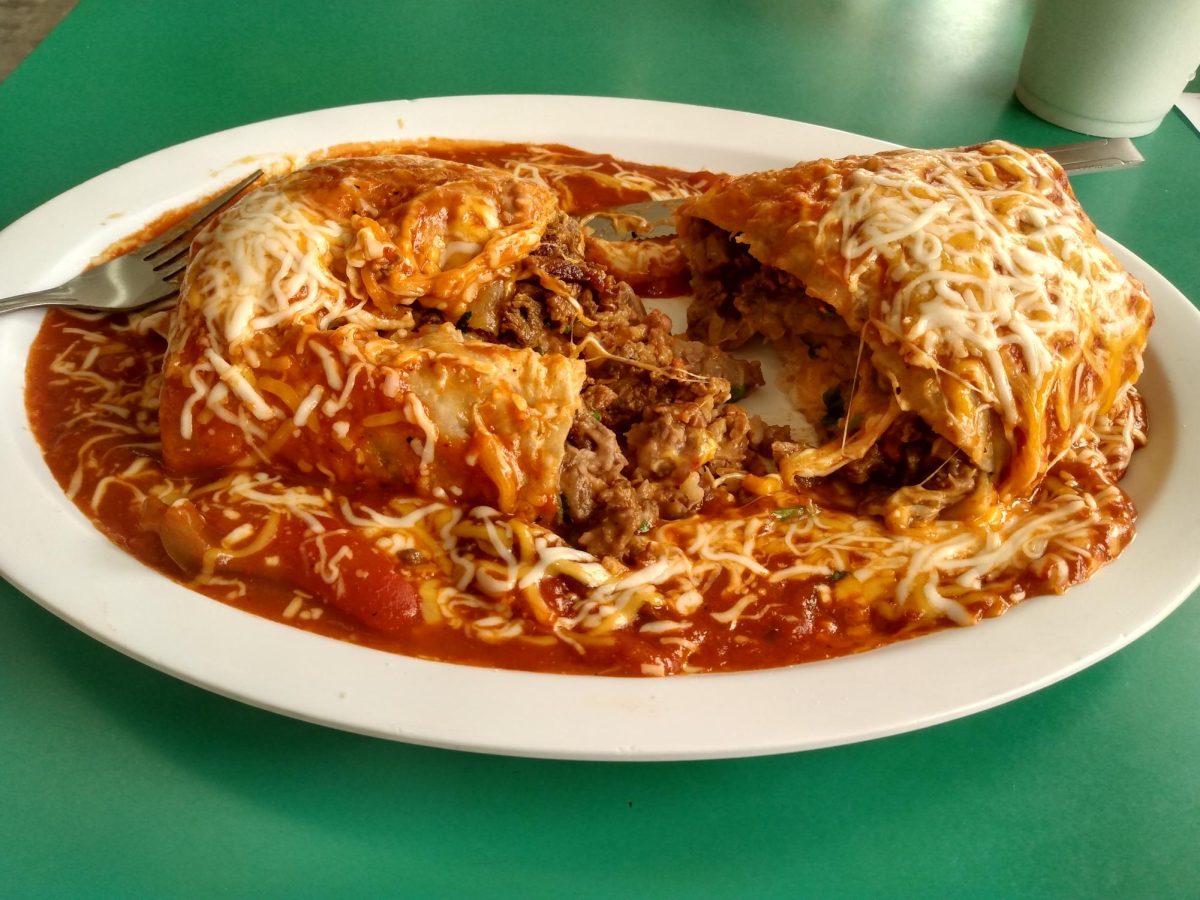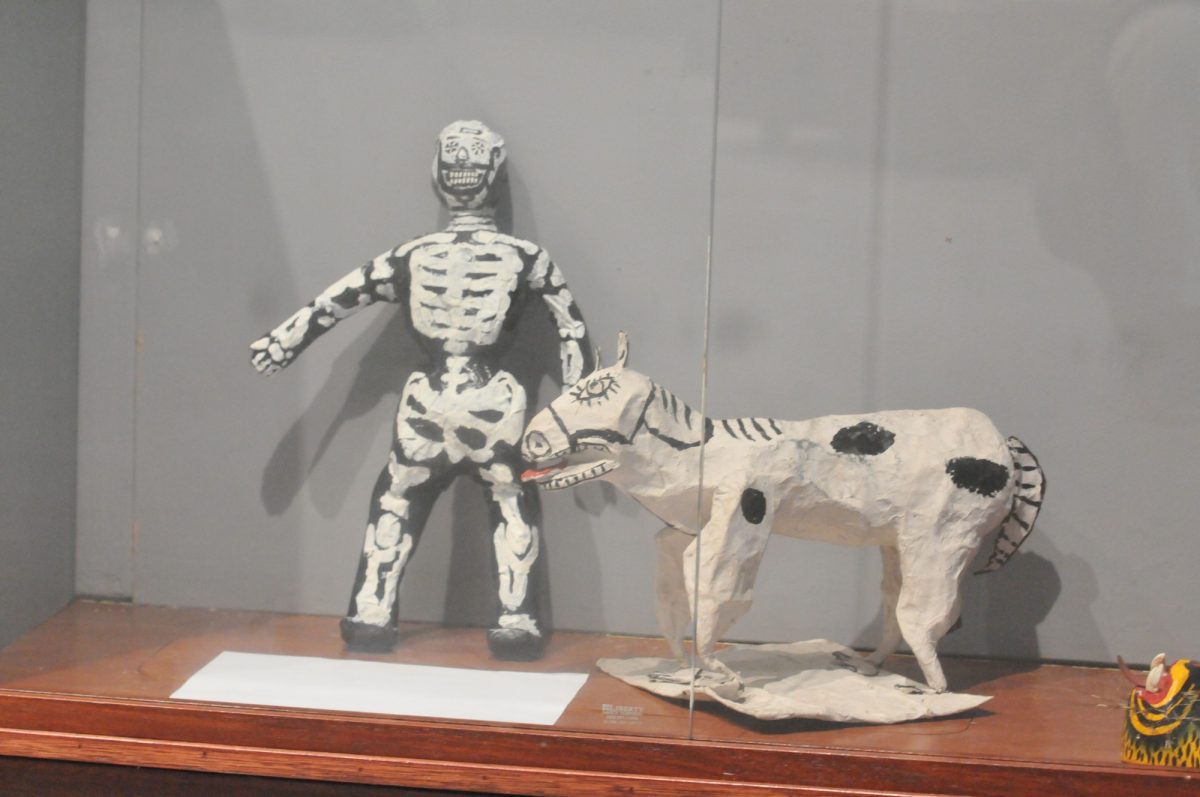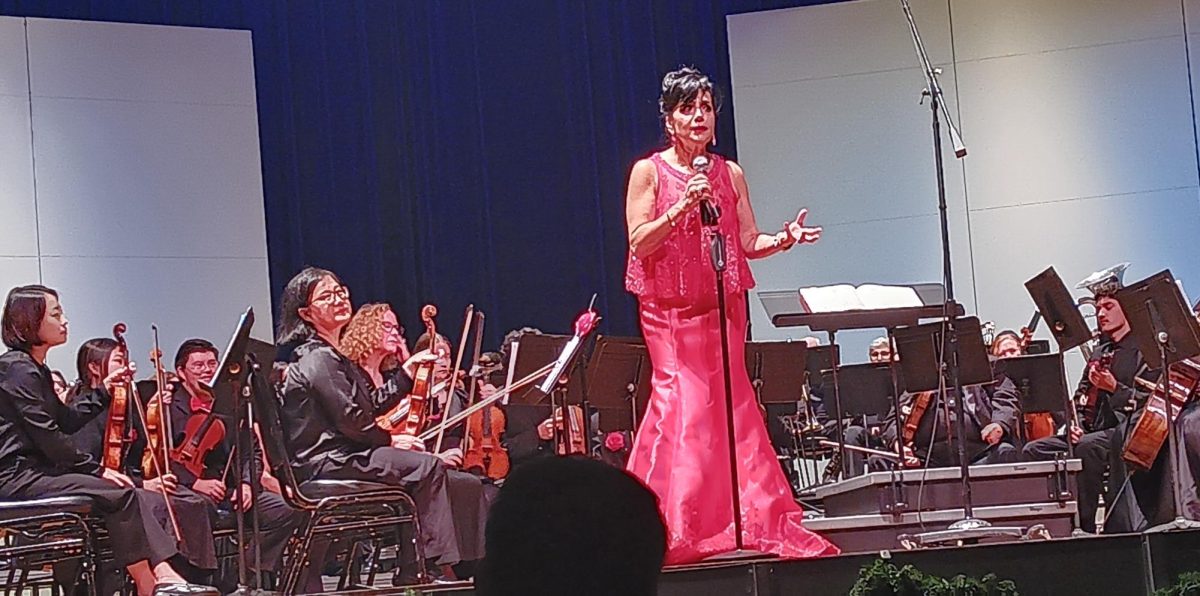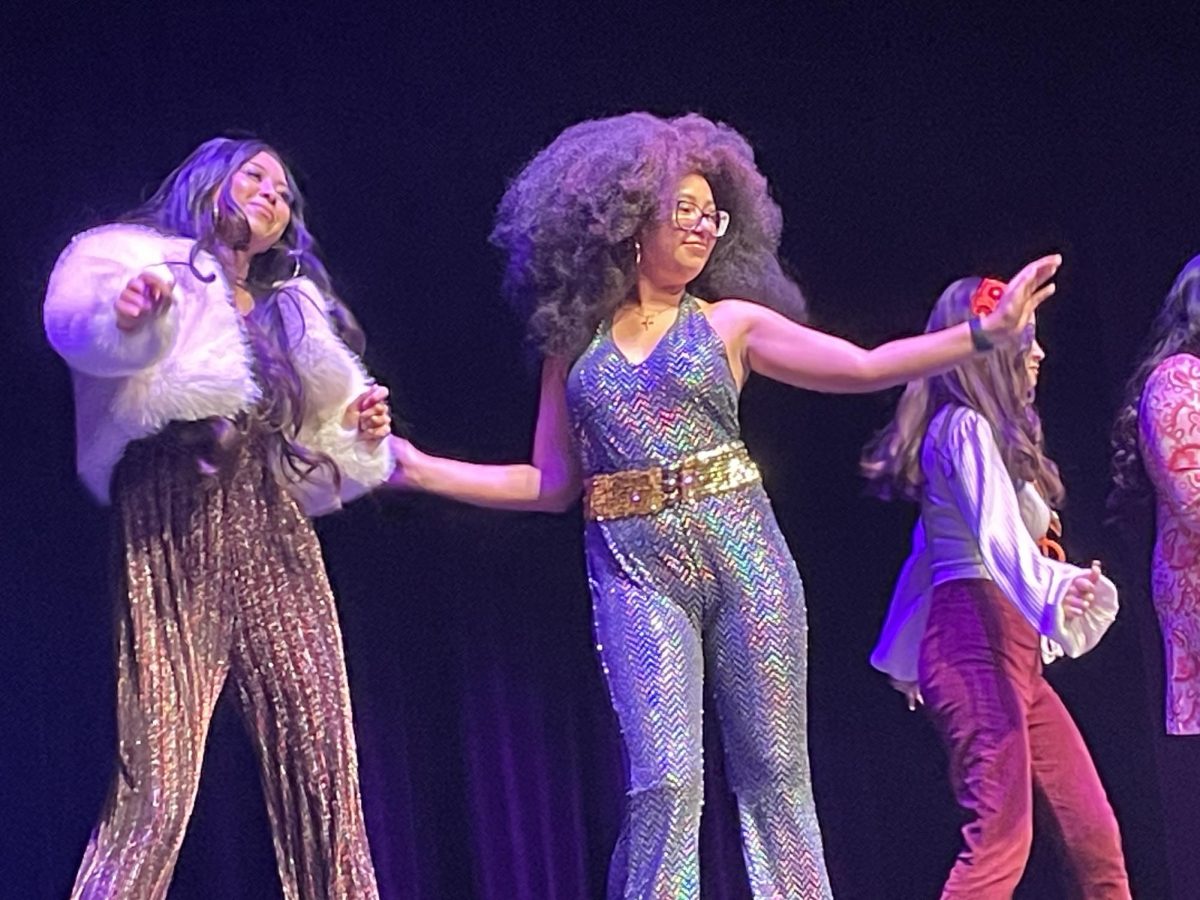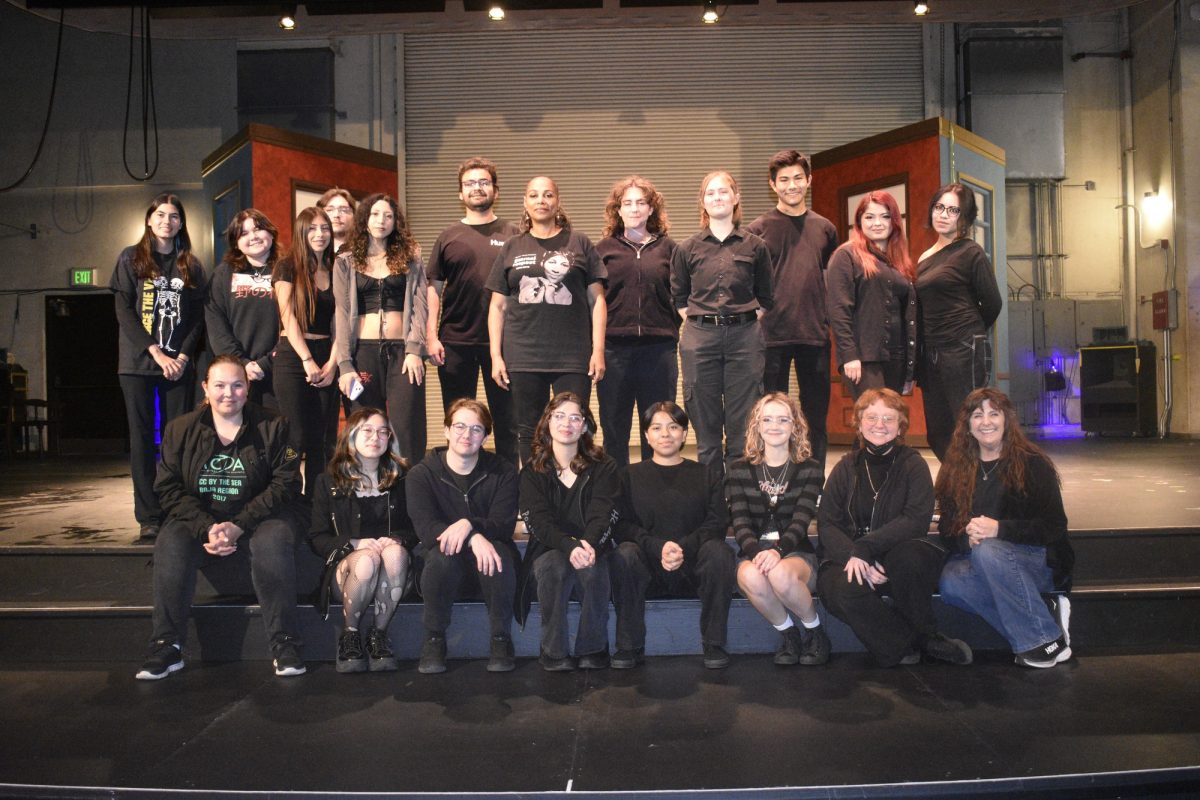As the November presidential elections loom nearer, the younger generation is preparing by both registering to vote and recruiting others to do the same.
“Yes, I’m voting,” Ken Silverman, political science major, said. “It’s my obligation as a citizen.”
Like Silverman, students feel that voting is a powerful way to make an impact on the country.
“We (the younger generation) have our own interests,” Silverman said, “We need to let our voices be heard out there.”
While the number of students registering to vote increases, professors are still encouraging the importance of voting to those who are unsure.
“It’s important (to vote) so that they can influence laws and policies to help them improve their lives,” P.J. Gagajena, political science instructor, said. “Look at student fees and funding; their votes count on how money is allocated to education.”
Along with class discussions and dialogue about the presidential election to bring more awareness, Gagajena is encouraging more students to vote by giving out extra credit for student voters.
“I want them to be engaged in the political process,” Gagajena said.
With the economy going downhill, many students feel that the upcoming presidential election is the only key to bring America back on its track.
“I think it’s our generation’s most important election,” Silverman said.
Although the number of young registered voters is increasing, there are students who still feel that they will not make an impact on the country.
“I don’t believe my vote counts,” Tilo Lopez, history major, said. “It’s a never-ending cycle of people hating the president.”
To counter those opposed to voting, professors and other students alike ensure that every vote counts.
“Every vote really counts,” Breeana Collins, sports medicine major, said, “One person feels that their vote doesn’t count, and that one person can turn into 1000 people.”
In the presidential election of the year 2000, the difference of the popular votes for each candidate was less than 600,000 votes.
“It’s time for a change,” Collins said.
According to Gallup’s weekly estimate conducted from September 8-14, Sen. Barack Obama, D-Ill., is leading the support of registered voters age 18 to 29 at 55 percent, while Republican candidate, Sen. John MaCain, R-Ariz., has 40 percent support from the same age group.
“We talk about what difference does it make to vote Democrat or Republican,” Lance Widman, political science professor, said about his political science class. “There is so much going on.”
While some vote simply for a change in the White House or because of their political party affiliation, Collins has an additional reason.
“Black people could not vote,” Collins said. “So people should pay respect for those who helped them be allowed to vote.”
Whether voting for a Republican or Democrat, professors and students emphasize that what is most important is to impact the government by voting.
“If you don’t vote, you have nothing to say,” Widman said.



